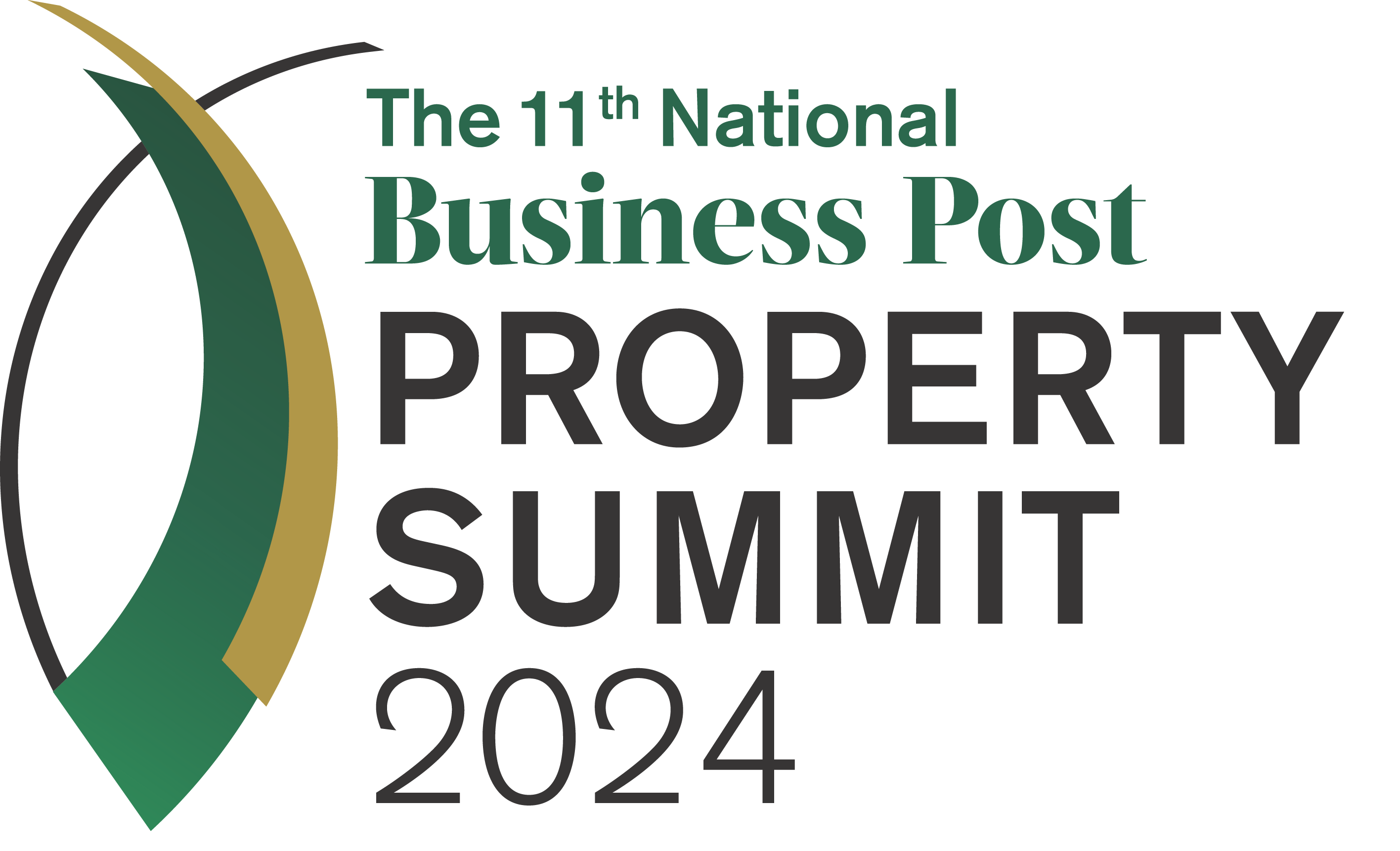
What’s your name and what position do you hold?
Anil Khera, Founder & CEO of Node
What are your day to day responsibilities?
I am responsible for overall management, investment and development activities and global expansion of Node. We are a vertically integrated lifestyle-focused residential company so I oversee a wide variety of activities including screening potential investment and development opportunities, overseeing the design and operations of our residences and working with debt and equity capital providers and joint venture partners across the globe.
What is your professional background?
We launched Node four years ago. I have worked in real estate for nearly 20 years in the US, Europe and Asia, including 11 years at Blackstone, where I was involved in over $30 billion of acquisitions, financings, and dispositions. I created Blackstone’s European real estate capital markets group, which oversaw a €40bn portfolio and helped create and successfully sell Nido Student Living, £415m, 2,500 bed European student platform. Prior to Blackstone, I worked in the acquisitions team of DLJ Real Estate Capital Partners / Credit Suisse First Boston in Los Angeles. I have a honours BA from the Ivey School of Business at Western University in Canada.
We could see significant changes in the design and construction of buildings post-pandemic. What do you anticipate will be priorities for owners and tenants?
The mix of private and public amenity space is something that continues to evolve in the residential Build-to-Rent and Co-living sectors. The minimum size of private spaces for residents is key, as will the type of amenities and safety features of a building. Having a safe space to isolate in and have privacy is critical, but people will also work from home more often. So, in buildings co-working amenities will be important. Also, having high efficiency air systems could be one trend to make residents feel safe and sanitary in urban settings.
Has the volatility sparked by the pandemic led to an acceleration of already existing real estate trends?
Yes, in particular the trend to work from home and have community in our spaces. This will affect how residential buildings need to be designed. Not only will an in-apartment home office be required, but a co-working amenity space will be important. However, it’s the activation of space and the curation of these live/work communities that will become key.
We believe cities were built to connect people and those who come back or stay in cities post-pandemic will be there because they want to connect – socially and professionally. So, this trend of needing to foster human connection in our buildings is accelerating.
Will certain traditional property strategies require a rethink? Which, if any, real estate sectors run the risk of becoming obsolete?
Real estate is moving from a product to a lifestyle offering. Just “producing homes” is not enough. Our role is to curate, activate and cultivate community in the buildings we create and to really solve for the lifestyle pain points that tenants have.
Where are the opportunities / risks?
There is a real opportunity for creating lifestyle focused residential offerings as this is a very underserved part of the residential market. There is still a huge need for urban housing and we want to be a part of that solution.
Risks are in policy making as housing has become hotly political and some populist policies may result in negative outcomes for both owners and tenants long term. Co-living has recently been banned in Ireland. It’s an unfortunate backlash, but the initial policy was quite flawed as it actually forced private units to be smaller than they should be, which then created a controversy about the quality of housing being provided. So, working with policy makers will be key in the future and there can be a better way forward that the public and private sector can agree on.
How do you think Covid19 will affect the market going into 2021? What lasting impact do you see on the real estate sector?
2021 is where companies can differentiate themselves. Its where the creative innovators will survive as the market continues to be difficult. The lasting impact will be on the 3 day in the office, 2 days at home workweek. This will impact office use, retail and residential. It will make walkable “live/work/play” neighbourhoods even more desirable and will force all sectors of real estate to focus on how they can cater to this changed lifestyle.
Anil Khera is speaking at The Business Post’s 2020 Property Summit on Dec 9th. Visit www.propertysummit.ie for details and bookings.
